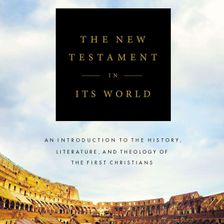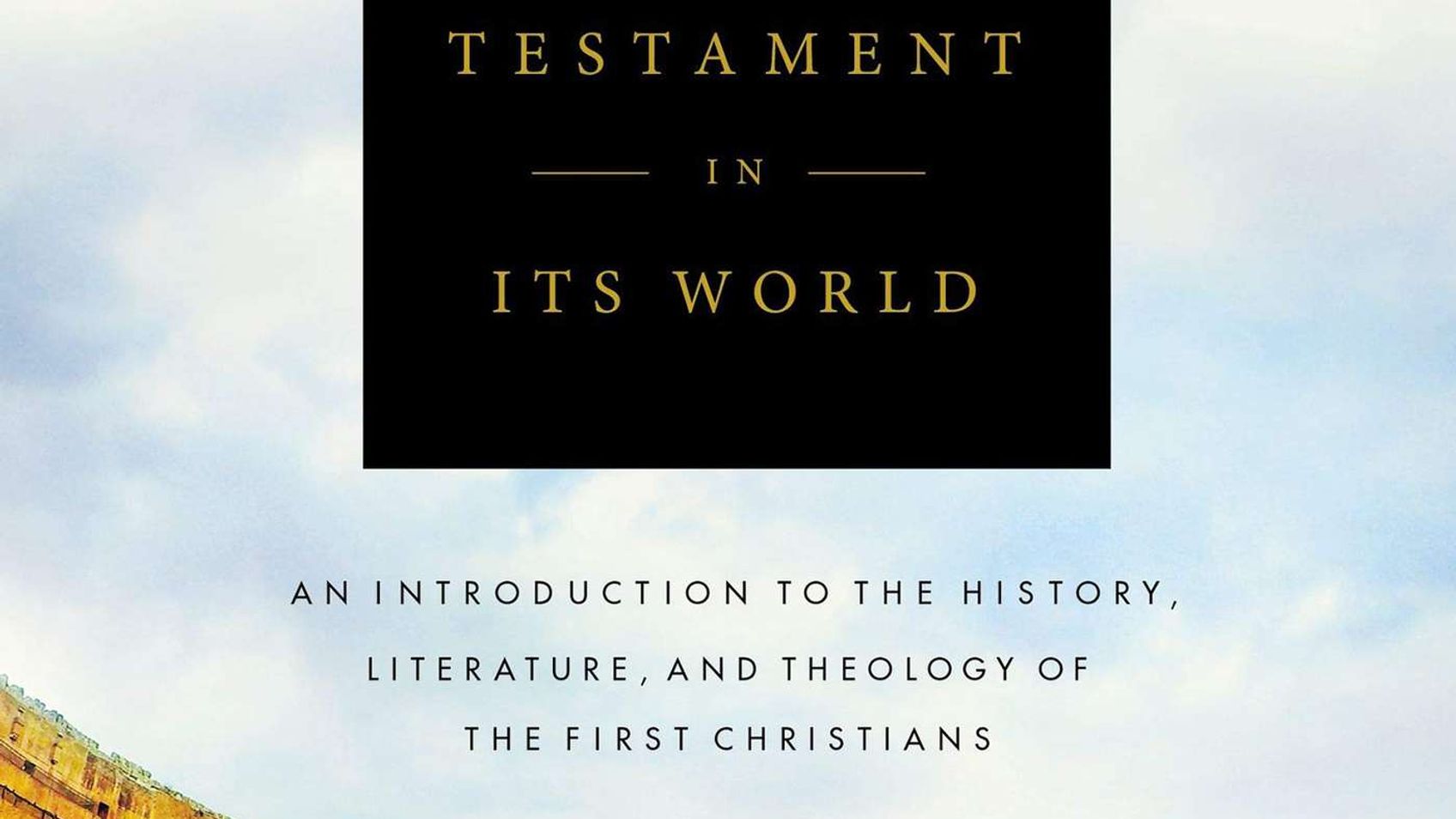Who is Jesus?

Welcome to the second episode in a six part series delving into the benchmark book The New Testament In Its World.
Co-author Michael Bird takes us through the text he wrote with N.T. Wright, this episode examining the identity of Jesus as an historical figure.
On the chopping block are important questions like,
* Is there a difference between studying the Jesus of the Bible and the Historical Jesus?
* Who did Jesus think he was?
* Did Jesus ever claim to be God?
You can buy a copy of The New Testament In Its World here.
If you're following along with The New Testament In Its World, this episode covers key issues in Part II: The World of Jesus and the Early Church, and Part III: Jesus and the Victory of God:
1. The Jewish context of Jesus and the Early Church
2. The Greco-Roman context of the Early Church
3. The Study of the Historical Jesus
4. Who did Jesus think he was?
More From Delving Into The New Testament In Its World




More on OpenTheo















